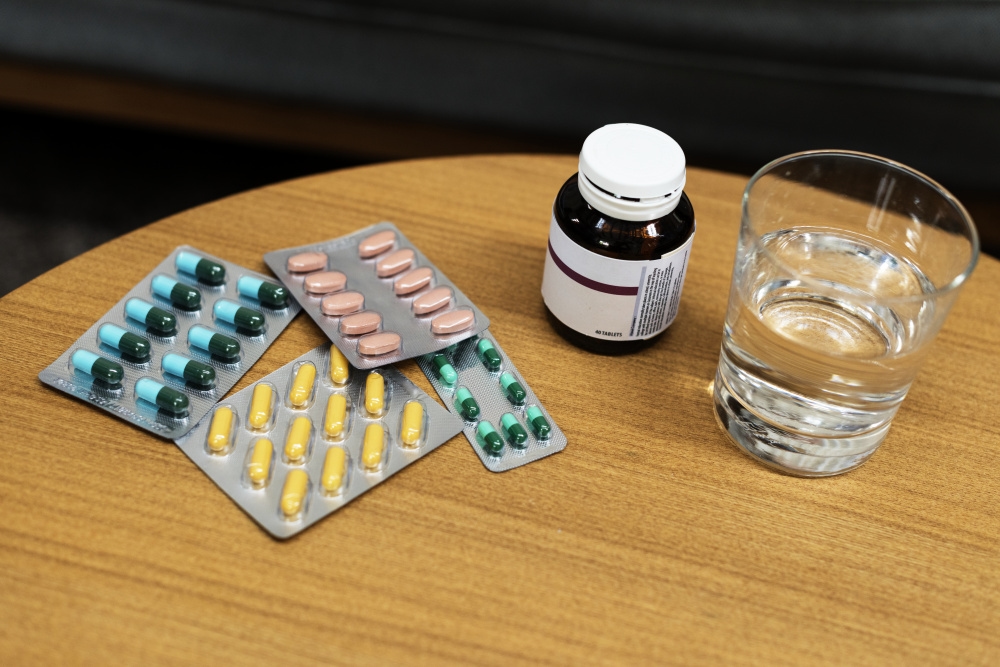Scientists have revealed how sugar affects liver health.

Sugars are a variety of sweet, easily digestible carbohydrates—fructose, glucose, sucrose, galactose, and others. These substances are natural components of many foods.
Added sugars are sugars that enter food during preparation and processing, as well as those we consume directly during meals. Their main sources in our diet are sweet drinks, confectionery, dairy desserts, and baked goods.
According to British data, people get about 14% of their daily calories from added sugars.
Among the most “sugar” foods:
- cola – 10.9 grams per 100 milliliters;
- sweet fruit juice – 9.8 grams per 100 milliliters;
- chocolate – 62.6 grams per 100 grams.
Sugars are known to be very calorie-dense. Excessive consumption can contribute to obesity, diabetes, metabolic syndrome, and non-alcoholic fatty liver disease. Previous studies focused on the effects of consuming very large amounts of sugars. In a new study, Swiss scientists examined the impact of relatively moderate consumption of various added sugars on liver health.
The study involved 94 young people. They were divided into several groups. For seven weeks, they consumed beverages containing 80 grams of various sugars—glucose, fructose, or sucrose. Participants in the control group did not drink any sugary beverages.
During the experiment, the study participants did not consume more calories than before. The sugary drinks promoted feelings of fullness. However, even in this relatively small dose, they had a negative effect.
In people who drank fructose-containing drinks, fat synthesis in the liver was twice as intense as in the glucose group. This effect persisted for 12 hours after drinking the drink. Sucrose, the most common type of sugar, increased fat deposition in the liver slightly more than fructose.
"Eighty grams of sugar per day, equivalent to 0.8 liters of a typical sugary drink, increases fat formation in the liver. And this excess fat production continues for some time, even if you no longer consume sugar," said Philipp Gerber of the University of Zurich, lead author of the study.
The scientists point out that their findings are unexpected, as fructose was previously thought to be the most damaging type of sugar for the liver. A previous study showed that it can negatively impact the liver's ability to burn fat.
medportal ru





